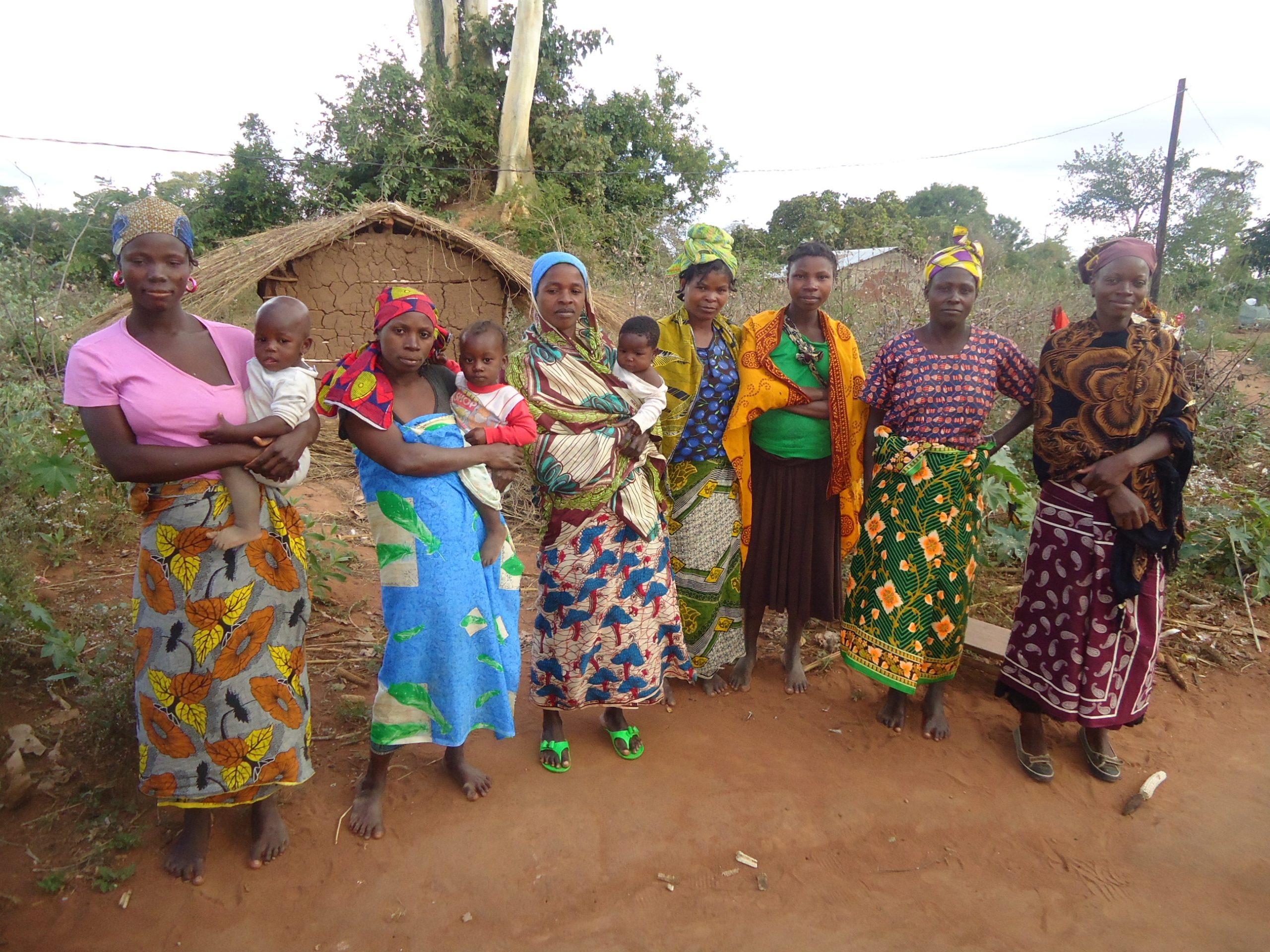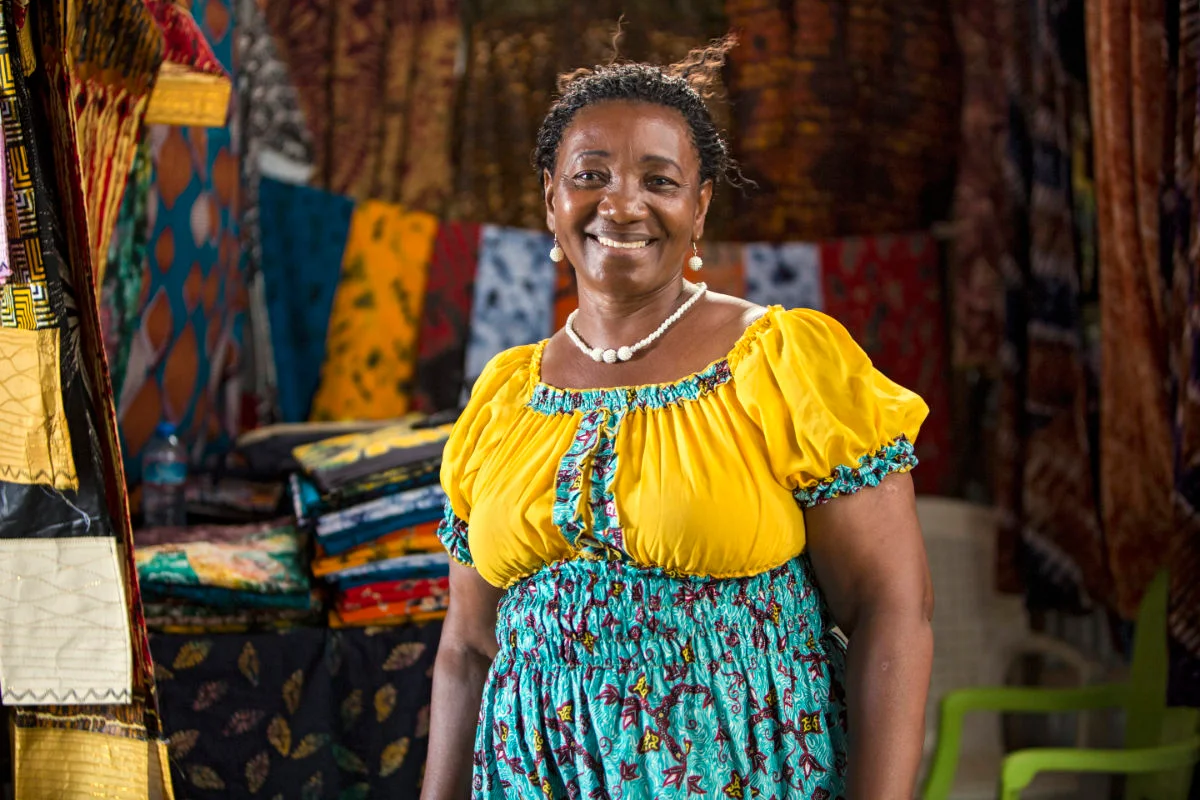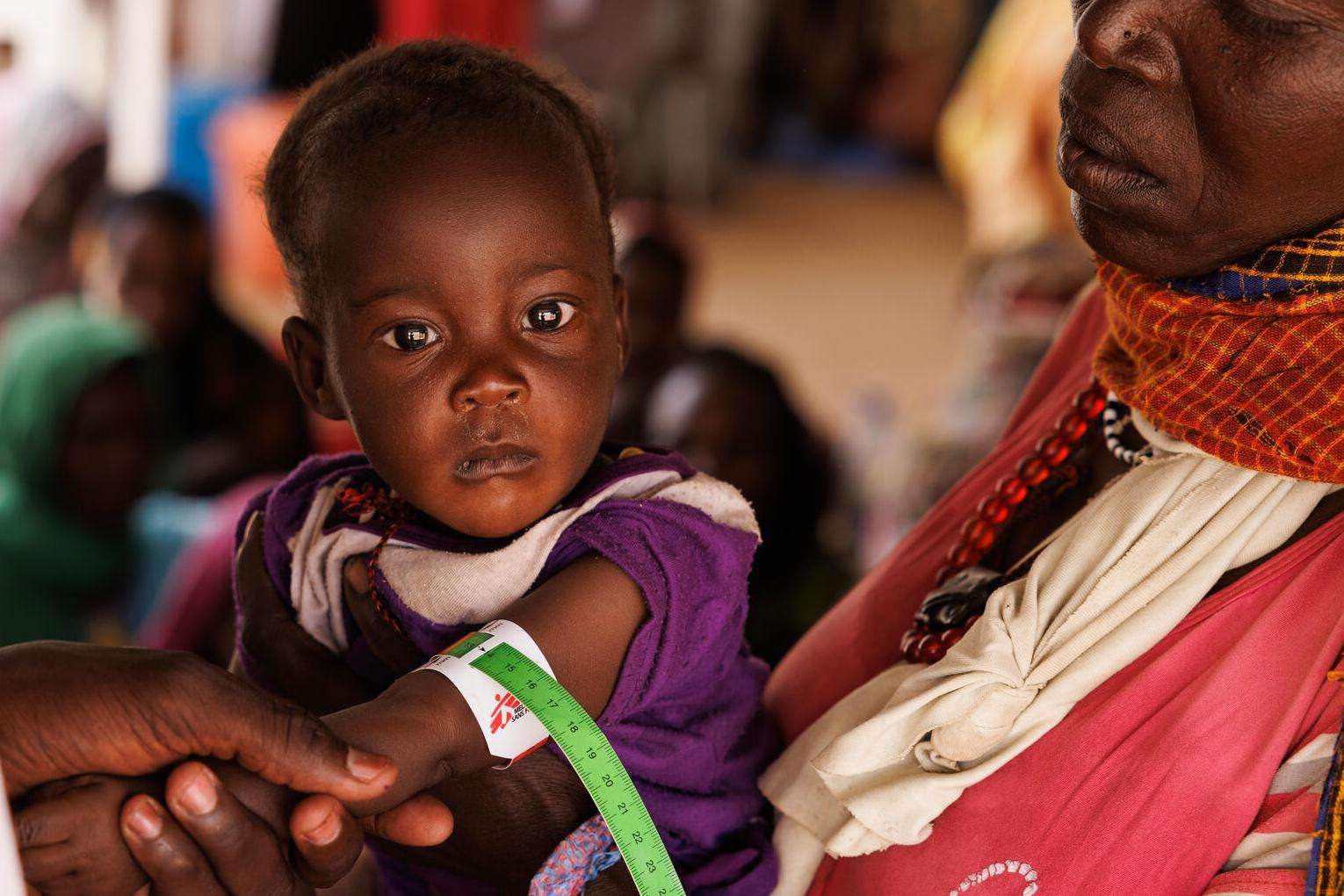
Breaking Taboos: The Importance of Reproductive Health Education for Young Women
Reproductive health is an essential aspect of overall well-being, yet it remains a taboo subject in many communities worldwide. For young women, this silence can have devastating consequences, leading to limited knowledge, unplanned pregnancies, and exposure to preventable diseases. Tackling these challenges requires open dialogue and comprehensive reproductive health education. This blog explores why such
Read More
Improving Rural Education: The Impact of Teacher Training and School Renovations
Access to quality education is a cornerstone of sustainable development, yet rural communities often face significant challenges in this regard. The Foundation for Health and Education Development (FHED) recognizes that education is not just a fundamental right but also a critical tool for empowerment and societal growth. Through targeted teacher training programs and strategic school
Read More
Empowering Women through Vocational Training and Entrepreneurship
In many communities across the globe, women continue to face systemic barriers to economic independence and self-reliance. From limited access to education to societal expectations that restrict their career choices, the journey to empowerment can be daunting. However, organizations like the Foundation for Health and Education Development (FHED) are making significant strides in bridging these
Read More
The Fight Against Malnutrition: FHED’s Approach to Health and Nutrition
Malnutrition remains one of the most significant challenges facing vulnerable populations in Cameroon, especially in rural and underserved communities. According to global health statistics, malnutrition is a leading cause of death and disease worldwide, contributing to nearly half of all child deaths annually. The Foundation for Health and Education Development (FHED) has taken a bold
Read More